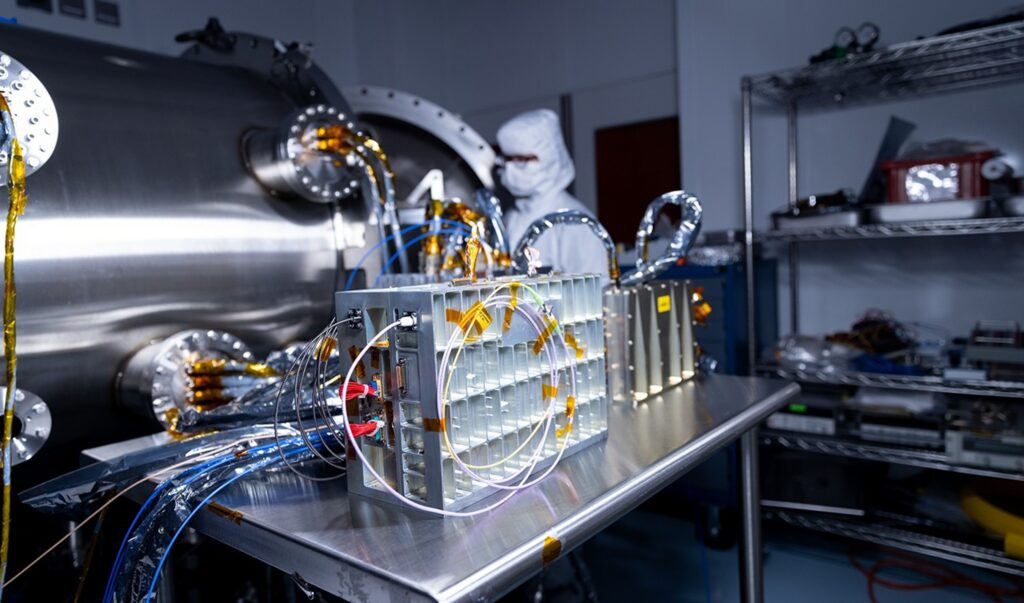The 26th BritGrav meeting will be hosted by the Gravity Exploration Institute at the School of Physics and Astronomy at Cardiff University.
The meeting will be held on the 9th and 10th of April 2026.
The aim of BritGrav is to bring together early-career researchers working on all aspects of gravitational physics, including astrophysics, cosmology, general relativity, quantum gravity, gravitational-wave data analysis and instrumentation.
Following the BritGrav tradition, the meeting will consist of short talks, with priority given to PhD students and postdocs. The meeting has no registration fee. Limited funding will be available from the IOP Gravitational Physics Group to support travel for PhD students based in the UK and Ireland. You may request travel support by emailing the organisers. See also the logistics page.
At the end of the meeting, a prize for the Best Student Talk, sponsored by the IOP Publishing Group, will be awarded.
Local organising committee: Fabio Antonini, Isobel-Romero Shaw, Parthapratim Mahapatra, Mukesh Singh, Beth Flanagan, Fani Dosoupolou, Ohkyung Kwon, Sama Al-Shammari, Ruaraidh Dumbreck, Meryl Kinnear
For any enquiries, please contact us:
Isobel Romero-Shaw: romero-shawi(at)cardiff.ac.uk
Fabio Antonini: antoninif(at)cardiff.ac.uk
BritGrav 26 is supported by the Institute of Physics and Cardiff University.
